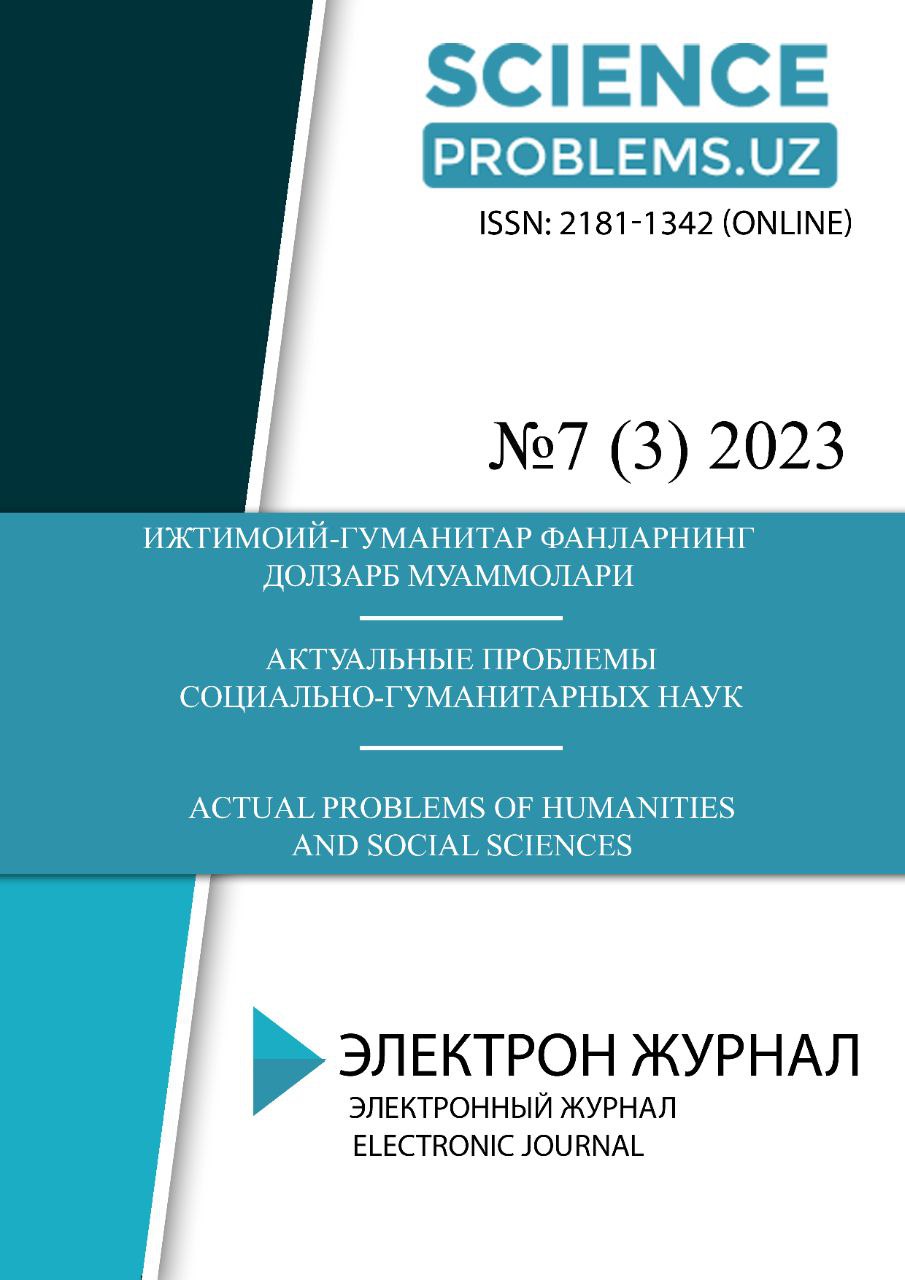IMPROVING SOCIOLINGUISTIC COMPETENCY IN TEACHING ENGLISH LANGUAGE TO FUTURE JOURNALISTS (IN THE EXAMPLE OF POLITICAL-SOCIAL TEXTS)
DOI:
https://doi.org/10.47390/SCP1342V3I7Y2023N39Keywords:
principles, competence, linguistic institutions of higher education, sociolinguistic competence, education, social marker, speech behavior, communicative competence.Abstract
This article is aimed at the development of sociolinguistic skills of future journalists, the preparation and completion of the sociolinguistic worldview, which forces a certain structure to individual speech behavior depending on a certain social climate and prevailing social and open environment. The basis of preparation for improving the sociolinguistic skills of journalists should be based on educational and methodological standards, and shown it should be improved with unusual sociolinguistic content, which is the reason for improving the knowledge, skills and opportunities of journalists related to mastering their speech.
References
Daniel, D. (2013). Language Socialization and Language Teaching: An interview with Patricia (Patsy) Duff. Aichi Gakuin University.
OECD Reviews of Evaluation and Assessment in Education “Synergies for Better Learning”. OECD publishing, PARIS CEDEC. 2013. 148-p.
Yasemin. B. (2013). Current Perspectives on Sociolinguistics and English Language Education. Bogazici University, Faculty of Education, Foreign Language Education, Istanbul, bayyurty@boun.edu.tr1, 69- 78.
Тоштемирова, С. А., & Мухаммадиев, Л. Ғ. (2021). Таълим сифати бошқаруви ва бу йўналишдаги халқаро моделларнинг ўзига хос хусусиятлари. Academic research in educational sciences, 2(3), 769-777








